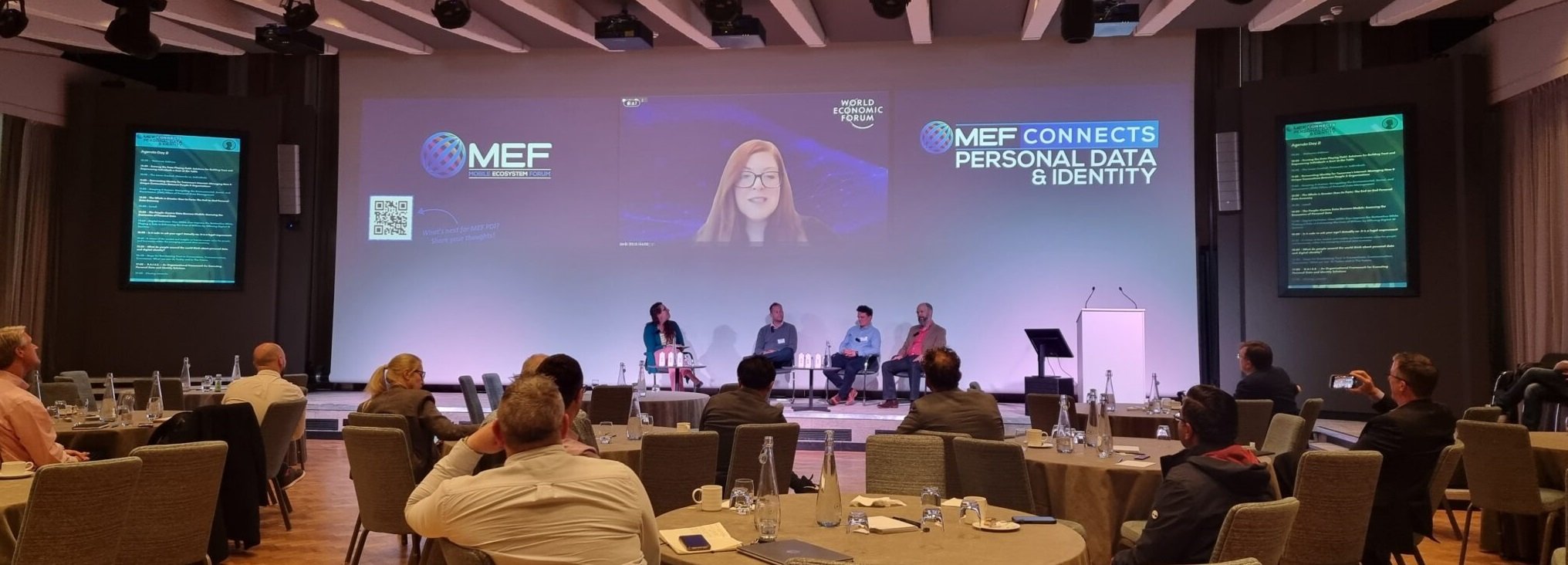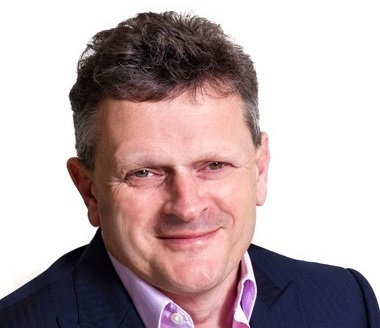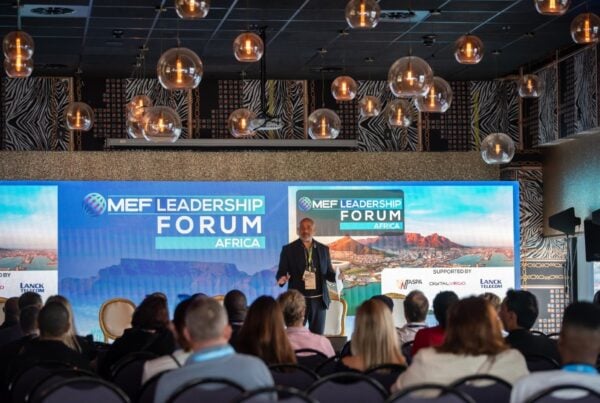CEO of Lewis Insight, Chris Lewis shares an overview of a recent panel held during MEF Connects Personal Data & Identity where the discussion turned to Environmental, Social & Governance issues surrounding personal data. During the session, a group of inclusion experts explored how these issues influence consumer perceptions of companies and their data practices, and particularly what this means for the telecoms industry, and when considering People With Disability.
The broader context of this discussion is that of Environmental, Social & Governance (ESG) taking over from the Corporate Social Responsibility (CSR) activities of the past.
The importance of this shift as part of the sustainability journey is that it comes with financial clout as well as the social side covering both employees and customers and the topic of governing the business. Hence, a more holistic set of criteria shaping all aspects of an organisation, both internal and external facing.
So, why is this important for the telecoms industry? Well, from a financial side, over a trillion of the $40 Trillion funds being managed by ESG funds are in the Communications industry. This represents around a third of all funds under management today and is still growing. The managers of these funds are increasingly looking to ESG measures to decide where to invest. Furthermore, customers are increasingly aware of the ESG credentials of companies and this will influence who they choose to buy from – according to a PWC survey 76% of people said they would not buy from companies who treated their employees poorly. 88% said they would be loyal to companies who pushed positive social and environmental issues.
In short, access to capital and keeping customers happy are equally applicable when it comes to ESG.
From an identity and personal data perspective it is simple, customers want to understand how their data is used, that they can ‘trust’ the supplier and that data is handled in accordance with their wishes as well as the regulatory frameworks in a particular geography. But, it isn’t just about generic data issues. There is a real opportunity for the telecoms industry to use the vast amounts of data flowing through the networks and clouds of our industry to deliver more focused and hopefully more profitable services. It is true for old data sets but especially for the emerging data sets relating to digital activities on a broader scale and dare we even mention the Metaverse!
This is highlighted even more acutely when considering People With Disability (PWD) and how they are treated under the emerging digital services landscape. People have the right, of course, not to reveal issues relating to their personal identity. However, knowledge of a particular impairment, preference for channel interaction or specific applications requirement relating to a disability can help the industry deliver a much higher quality service and hence optimum customer experience. In the past adjustments for different disabilities have been clunky add-ons and adaptations which rarely hit the mark.
Redesigning to include all possible permutations of usage patterns will ensure that everyone benefits from this more inclusive design approach. This includes those digitally excluded as well as those with literacy issues. After all, we can render content in so many different ways today and can use an increasing number of devices to help us – just ask Alexa, Google, Siri or others!
The telecoms industry has had a lot of data at its disposal for decades and is accused of not leveraging it – Unlike some of its Internet peers, however, it has not abused this intimate knowledge either. So, a blend of ESG and new attitudes to data and the identity of its customers, combined with the current generation of more open APIs should lead to a more inclusive design of interfaces and more relevant applications and content for everyone, whatever their requirements. Accessibility and inclusion needs to be part of the cycle of developing processes, systems and services. It needs to be part of every cycle and not just revisited every now and again, otherwise it will drop off and the old problems will resurface.
This is a call to arms for senior management within the telecoms industry but also to everyone inputting into the design and management of all of the services that get delivered to consumer and business customers alike. There is an employment aspect to this as well as the customer side. A more inclusive future will benefit everyone, not just measured by ESG criteria but richer cultural understanding inside companies and customers who feel that they are being served how they would like to be served rather than just a number at the end of a line!
This short summary does not do justice to the wide-ranging perspectives of the people on this panel at the MEF event in London in May 2022. Please visit the recording of the session to get even more food for thought from:
- Gema Esteban Garrido – Global Head of ESG, IG4Capital
- Chris Lewis – Founding Director, Lewis Insight
- Nicky Hickman – Freelancer, digital identity & inclusion specialist
- Sarah Walton – Innovation Consultant & Founder
MEF Connects Personal Data & Identity
MEF CONNECTS Personal Data & Identity: dive into all things PD&I and how PD&I is transforming every industry and society–from the ground up, from the outside in, and inside out.
Watch on Demand Now






